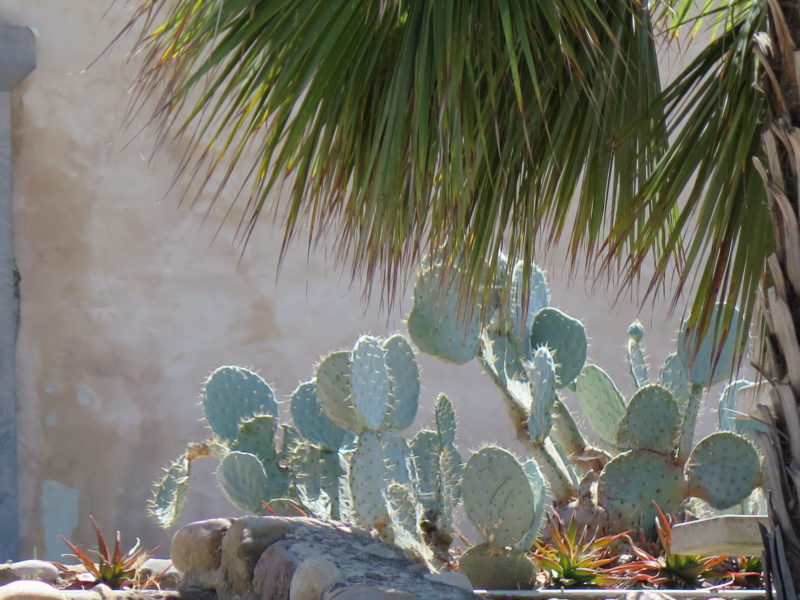
One of my important goals in life is to be rational. I’ve always found irrationality to be a threat, leading to various forms of hysteria or ill-advised judgments, an impediment to being a scientist. I’ve always been drawn to role models that were rational or that had an interest in rationality, scientific or not. Freud belonged to that category.
I do not consider his work scientific, but I believe he was one of the great thinkers of our time; he alerted us to the weakness of human rationality and the need to understand the causes for that weakness so that we could strengthen rationality’s force against baser instincts.

(Confetti)
The classic biographies fill in the detail, from Ernest Jones in the 1950s, Peter Gay in the 1980s, (devoured by anyone who was in analysis at the point) and now one by Élisabeth Roudinesco, Freud: In His Time and Ours which I have on my reading list due to the review attached below.

(Artichoke)
All this comes to mind because I found myself wandering toute seule through a botanical garden in San Diego, filled with dying palm trees and cacti of all sorts, free associating at the sight of these strange and unfamiliar shapes. Yes, it was hot; yes, I had skipped breakfast. Still, I felt completely irrational in my inability to stick to the plain perceptions of what was there in terms of botany.

(Cucumbers)
The plants, at times creepily, took on a life of their own. I tried to remind myself that free association was originally a process believed to be the sign of a creative mind.

(Octopi)
The poet Friedrich Schiller wrote in a (1788) letter concerning the impediments to creativity to his friend Christian Gottfried Körner: (excerpted and translated by me)…. it is not a good thing if reason examines the flow of ideas too restrictively at the doorstep. Seen in isolation, an idea can seem unimportant or too out-of-left field, but perhaps it will gain importance through the next one that follows. Perhaps the first idea can become meaningful if coupled with other equally feeble ones. Reason cannot make a judgement on this unless it has stood aside long enough to permit such a coupling that can then be assessed. I wonder if in creative minds reason has recused herself from guarding the doorstep, allowing ideas to flow in pell-mell, and only then the mind surveys and probes the mounting heap. (Freud, by the way, acknowledges Schiller’s original idea of free associating, in multiple places in his books.)
So, let’s take my associations as proof of creativity, rather than heat stroke. Next time, I’ll visit the waterlily garden instead….

(Bunny Tail)

(Pincushions)

(Blue Figs)

(Your Turn….)






Deb Meyer
I loved the last picture, no free association there, very evident!
Martha Ullman West
Funny post, thank you. Free association, improvisation, “going with the flow”, are all part of the creative process it seems to me, and arguably a part of pioneering scientific inquiry. And certainly humor!